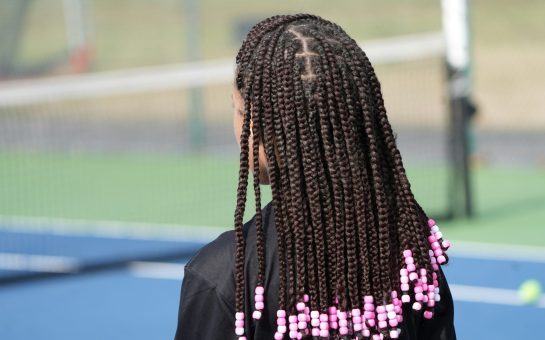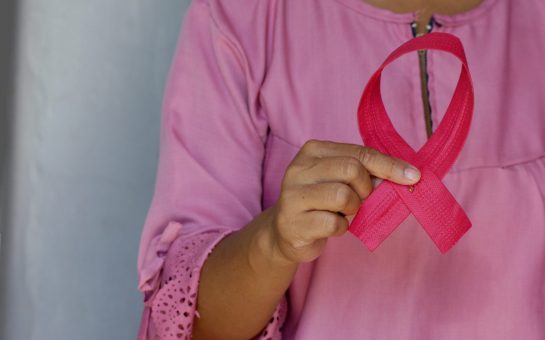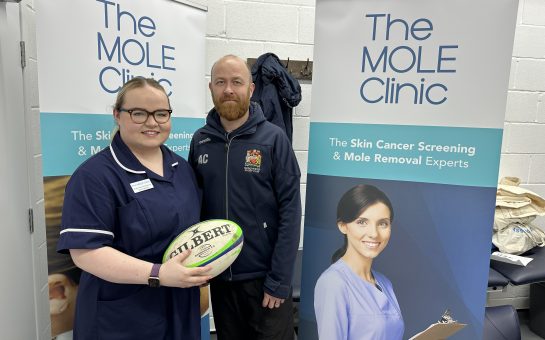As the clocks go back, over a quarter of people in the North West said that they would spend their time sleeping if they had an extra hour every day.
However those with who have experienced cancer would spend their 25th hour with loved ones and are also more likely to consider themselves risk-takers.
The figures were revealed in a new survey conducted by charity Breast Cancer Now who polled 2,000 UK adults, exploring how people view time as a commodity.
Having sex was the joint third most common response although that seemed to split opinion between the sexes.
One in seven men said they would spend their extra hour having sex while only one in twenty-six women said they would have sex with a 25th hour in the day.
The poll, which is being used to raise awareness of the preciousness of time especially for those with cancer, also investigated the rise of the ‘bucket list’, finding that one in four women now have a defined list of things they would like to achieve or experience during their lifetimes.
In the North West, the top bucket list ambition was going to see the Northern Lights (52.6%) followed by travelling the world (44.7%) and learning a new language (34.2%).
Baroness Delyth Morgan, Chief Executive at Breast Cancer Now, said: “Time is so precious, and with breast cancer, every moment really does count.
“That’s why we’re doing everything we can to give everyone affected by the disease more time to live.
“We believe that if we all act now, by 2050, no one will die from breast cancer. We’ll move from a time when people fear breast cancer to a generation where everybody lives.”
More than 331,000 people are diagnosed with cancer each year in the UK – with breast cancer still the most common – and while a diagnosis can be enormously distressing to the patient and their loved ones, it can also have a significant impact on a person’s perspective and approach to day-to-day life.
Of the 2,000 people polled, just 32% of those who had personally experienced cancer considered themselves to be ‘worriers’ in everyday life, compared to 41% of those who hadn’t had cancer.
A diagnosis of the disease was also found to influence a person’s attitude to risk, with more than one in five (20.2%) who had experienced cancer now considering themselves to be risk-takers, compared to just 14% of those who hadn’t.
For more information visit breastcancernow.org or text CLOCK to 70500 to donate £10 to help Breast Cancer Now fund world-class research into the disease.
Image courtesy of Timothy Krause, with thanks.



